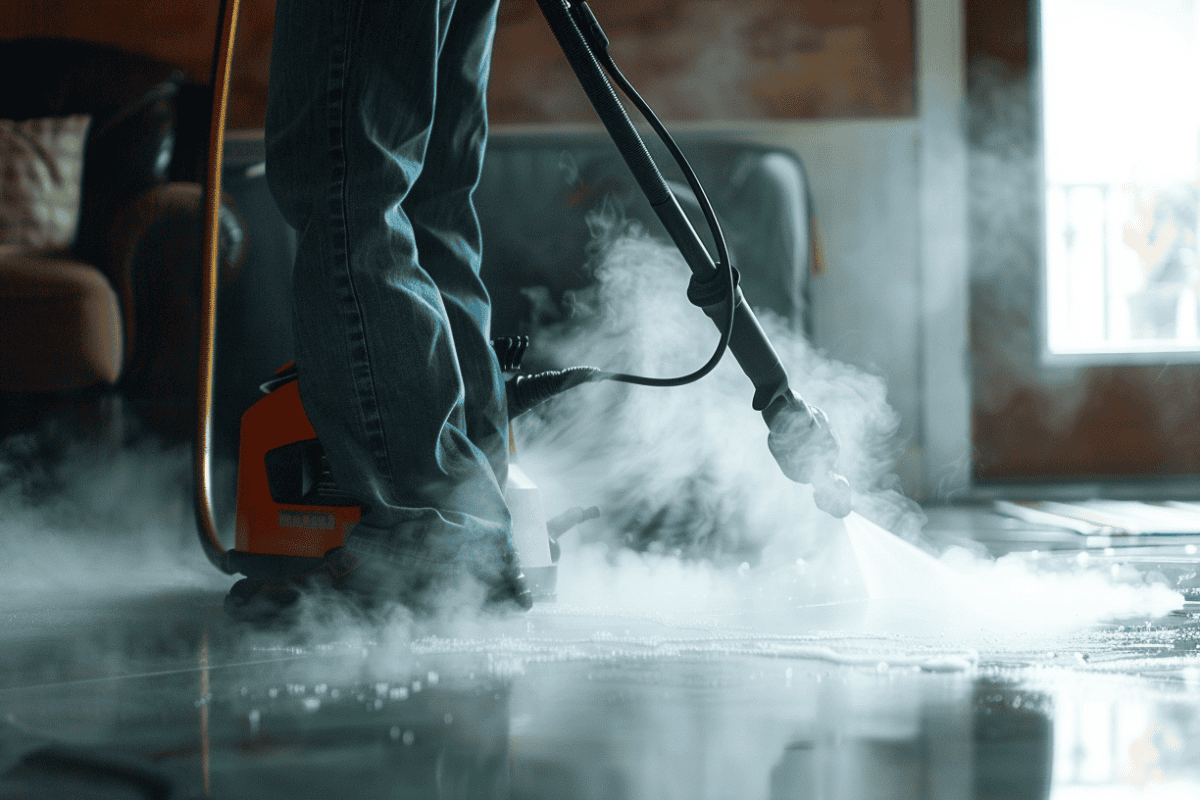For many people, a glass of wine, beer, or other alcoholic beverage is a great way to unwind and destress from the rigors of the day. However, the same cannot be said for those who are dealing with a more profound mental condition such as anxiety. For those suffering from anxiety, substances become an “easy fix” in dealing with their issues. While it may work in the short-term, without dealing with the root issues, occasional use can turn into dependence and addiction.
It is no surprise that a substantial number of those addicted to drugs and alcohol also suffer from anxiety and other mental health issues. The following article will outline what anxiety is, the connection between addiction and anxiety, and how both can be remedied by treatment.
A General Definition of Anxiety
In its simplest terms, anxiety is your body’s natural reaction to the stress you experience on a day to day basis. In most cases, the fear, apprehension, and nervousness that is felt from time to time is reasonable and expected. However, if these emotions linger for more extended periods of time, these feeling manifest themselves into physical symptoms that are uncomfortable and difficult to deal with.
The most common symptoms include an increased feeling of restlessness and worry and prolonged states of irritability. Those who suffer from anxiety also experience tremendous difficulty in concentrating, which can pose problems at home, work, and school. Additionally, those who deal with anxiety can experience chronic sleep problems such as insomnia.
The leading causes of anxiety can include work and family stresses, financial worries, and chronic health issues, among others. Also, anxiety can stem from past traumatic events that have not been properly addressed. Anxiety includes multiple conditions such as generalized anxiety disorder, PTSD, phobias, and social anxiety issues.
The Connection Between Substance Abuse and Anxiety
The physical and mental symptoms of anxiety can be very intense. While professional help is the best option, many don’t seek help due to stigma. As a solution, anxiety suffers may turn to substances to feel relaxed and calm. As stated earlier, self-medicating is a short-term solution at best. Without addressing the roots of anxiety, they will continue to suffer from this mental condition and can develop a substance abuse problem.
Getting Help
For those dealing with anxiety and a substance abuse issue, regular drug treatment options will not be sufficient. They must seek more specialized help that focuses on both mental health and addiction disorders. Medical detoxification such as that provided by a Fort Collins detox facility is the first and most important step of treatment. During detox, patients will undergo medication-assisted therapy to help better tolerate withdrawal symptoms. As the patient is detoxifying, staff will perform thorough physical and mental health evaluations to pinpoint any underlying issues that will impact their recovery.
To deal with a patient’s anxiety, experienced mental health staff will provide essential mental health services along with addiction treatment services. Both mental health professionals and addiction treatment staff work in concert to create a comprehensive individual treatment plan that fits their unique and specific needs. This specialized plan includes individual and group therapy, 12-step counseling, life, and coping skills training. It may also require ongoing counseling and medication-based therapies that will give them the tools to handle their anxiety.
If you or a loved one are struggling with anxiety in combination with substance abuse, now is the time to act. While you may think treatment is out of reach, an increasing number of outpatient treatment facilities and drug rehabs as shown in rehab in south carolina offer quality care, that is most cases is covered by insurance. Professional treatment provides people the tools and support they needed to deal with substance abuse and mental health adequately. Talk to your family doctor, health professional, or addiction professional today.
This is a sponsored post
Digital Health Buzz!
Digital Health Buzz! aims to be the destination of choice when it comes to what’s happening in the digital health world. We are not about news and views, but informative articles and thoughts to apply in your business.


